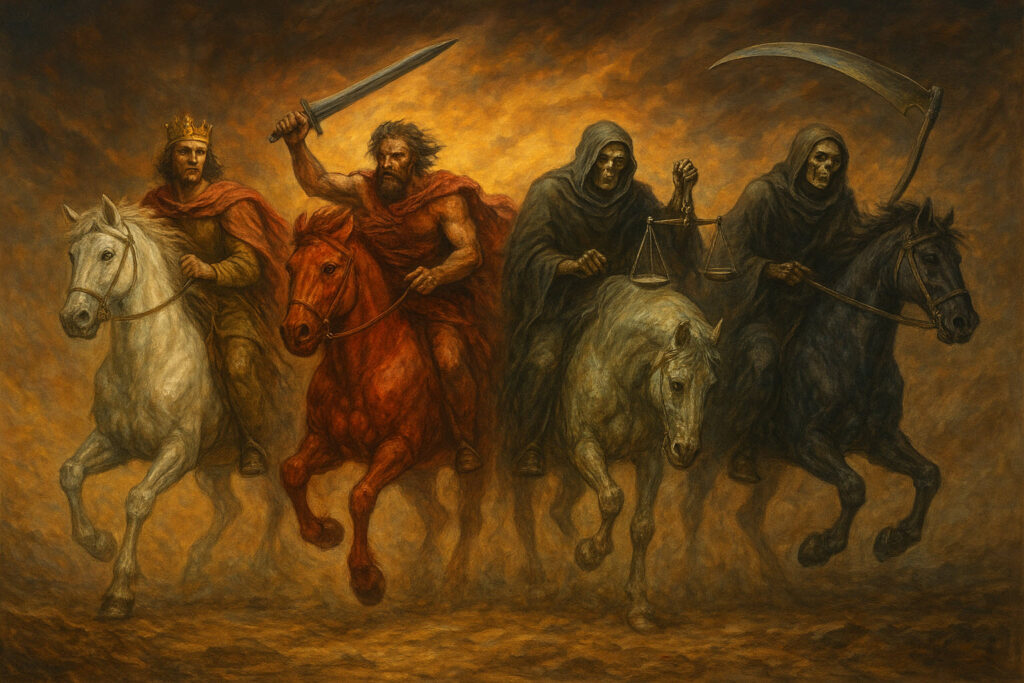Write Club Episode 8: Rachel Byrne
Rachel Byrne is the author of Predestined, an award-winning YA novel named by Colorado Public Radio as a 2024 Book We Love.
Rachel Byrne is the author of Predestined, an award-winning YA novel named by Colorado Public Radio as a 2024 Book We Love.

I’ve been hard at work on a new Rita Mars Thriller. It’s called The Book of Revelation.
When people hear that title, they immediately think of the apocalypse or the end of the world. Or destruction or death. But “apocalyptic” really doesn’t mean end of the world, or the end of our lives or the end of anything. The term refers to a “reveal.” That’s what happens in this book.
Rita Mars is hired by her attorney to help with a case of a child being held by her grandparents against her mother’s wishes. Rita’s mission is a tricky one. What is so heinous that the grandparents kidnapped a little girl from her own mother?
Rita walks a fine line in her investigations. She rejects the tenets and actions of the mother’s family, but she must observe an objectivity that is elusive at times. She must maintain an impartial analysis of facts when she could so easily fall into the bias trap and find ways to present information stacked against the grandparents. She needs a cool head and a measured approach.
Not an easy job in this case – the leader of this effort is a minister from a small elemental church. This congregation is no stranger to violence. Church followers hound her, threaten her. Their means are never subtle and often involve the risk of real physical harm. Rita is wary and she relies on her hacker, Roswell, to help keep her safe. Forewarned is forearmed.
In a time when facts turn flexible and rancor is a constant undercurrent, Rita Mars navigates a course in a divided world. On one side are those depending on her to bring them out of the chaos and on the other are those led by authority figures whose sole interest is imposing his will.
This is a story we’ve all heard. Good is portrayed as evil. We see it everyday in the news. How do we change it? We pull together with help from our friends. Rita is no exception. She is going to challenge, every time, the fallacies and the lies and the superstitions. She is everywoman seeking the truth.
Get ready for a powerful reader experience when you follow Rita Mars in The Book of Revelation. Coming to Amazon soon. See the other books in the Rita Mars Thriller series here.
Rob Bonney is a novelist, poet, and climate activist. His first novel, Hide, is the story of a boy with an audacious plan to save himself. Suspenseful, philosophical and comic, Hide always returns to Seb’s questions: How have we become so lost, so detached from nature, so stupid about a planet we depend upon completely? How will he, or any of us, find our way back?
Valerie Webster talks with Diane Gansauer, the author of The Waypoints: From 400 Farewells and 3000 Miles. At the age of sixty-one, Diane Gansauer committed to something great: hiking the entire length of the Continental Divide Trail, from Mexico to Canada. Over a seven-year journey through mountains, rivers, and forests, Diane continued her work officiating celebrations of life. By the time she completed all thirty-one hundred miles of the trail, Diane had honored more than four hundred life stories through memorial services and gatherings. The Waypoints chronicles the wisdom that overlapped her experience of these lives and the trail, like stacked stones on the path, guiding the way.
Valerie Webster interviews Dr. Terry Chase. Terry Chase is a nationally recognized speaker, teacher and author spanning careers in healthcare, higher education, and private practice. As a leader in nursing and healthcare, she has contributed value to educational programs as Patient and Family Education Coordinator at Craig Hospital, Denver Colorado and most recently, as Associate Professor-Mental Health in the BSN program at Colorado Mesa University. Terry uses her experience of living with a spinal cord injury to guide others along a pathway of health and healing. She has a unique skill of helping people make sense of challenging situations, whether individually or in teams. She provides clarity by making difficult things understandable and less complex. Terry considers her ‘superpower’ to be that as an experiential educator. She uses creative, hands-on approaches that make the invisible-visible engaging participants for maximum learning impact and transformation in their lives. As the author of countless professional papers and her award winning book “Spoke by Spoke: How a Broken Back and a Broken Bike Led to a WholeHearted Life” (2021), Terry inspires others with her stories of grit, resilience, and compassionate living.
Valerie Webster interviews cli-fi author William A. Liggett. Bill Liggett writes fiction that blends behavioral and earth sciences in the new literary genre “cli-fi,” or climate fiction. His goal is to paint a hopeful future, based on solutions to global warming.